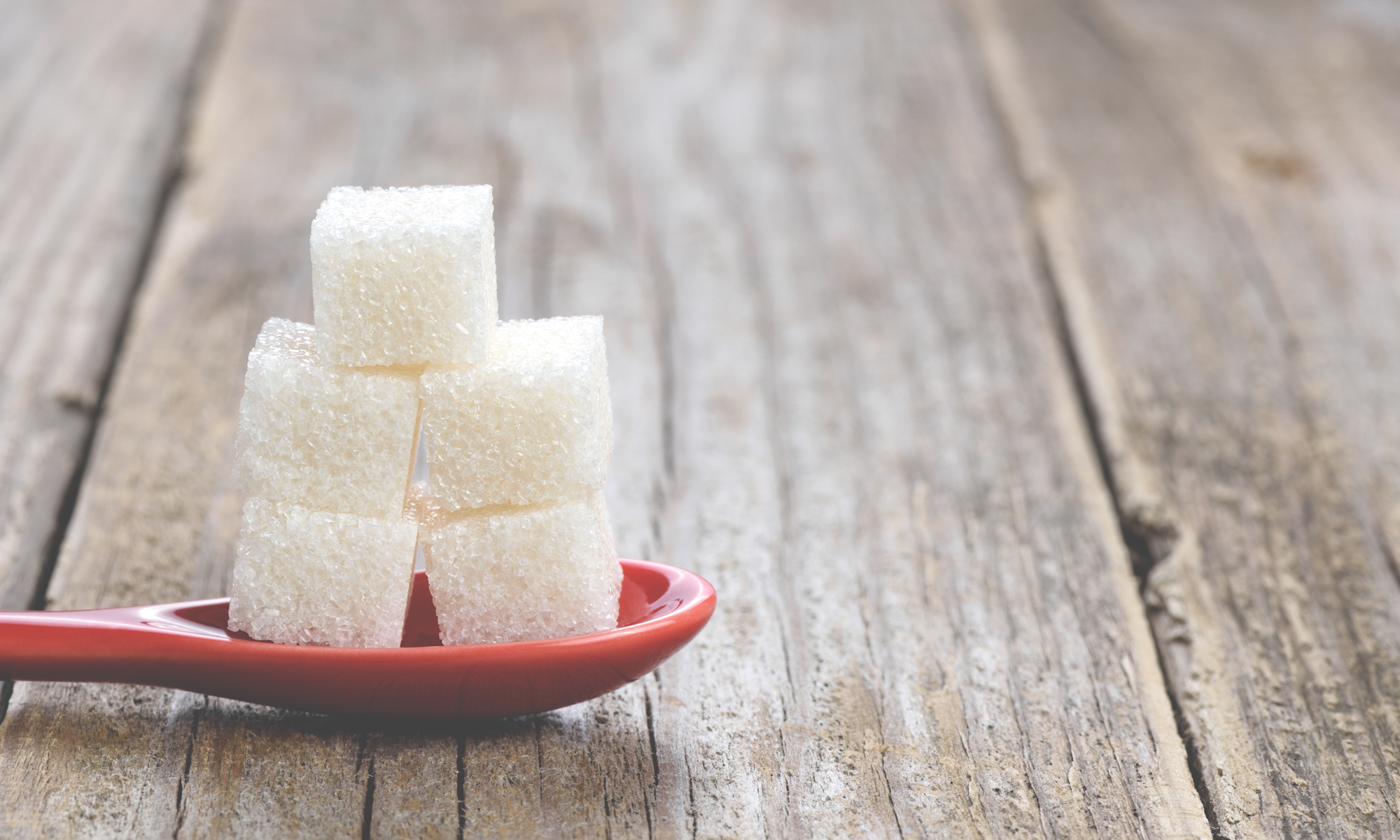Nutrition is not a black-and-white science. As humans, the complexity also lies within our feelings and compulsions, and what drives us to consume the food that we do. Let’s find out more about the science behind those instincts that compel us to do what we do.
BY: MARISSA PULEO, RDN, LDN
We can all probably recall a time where we thought to ourselves that we may be addicted to a certain food. In individuals who are overcoming addiction from drugs and alcohol, what’s been recognized is that sugar cravings are more intense during their recovery period. Let’s dive into this topic a bit further and understand where the research linking food and addiction stands today.
Food shares common drug response pathways in the brain.
Research has shown that dopamine receptors in the brain will light up in some obese individuals while they are overconsuming their favorite foods, similar to when alcoholic and drug addicts consume alcohol and/or other addictive drugs. Some studies have shown the effect overeating has on obese individuals share similarities with behaviors of addicts through feelings of loss of control and compulsive intake, both which stimulate the brain the same way.
Food can activate rewards neurons.
We all know how comforting satisfying a sweet tooth can be, and it goes to show there is science to back it up. Sugar activates the reward center of the brain in the same way that other pleasurable activities do too. Also, take note of the times you eat sugar. Sugar intake usually occurs during happy events such as birthday parties and weddings. Often times, sugar is also the go to substance for an afternoon pick me up or to get through a stressful time. Ultimately, as humans, we learn to associate sugar with feelings of “good” and “happy.”
When consumed, dopamine receptors are altered.
Whenever we eat food, dopamine (your feel-good hormone) gets released. This is the body’s natural way of saying that food is rewarding. However, over time we become desensitized to foods, and crave variety. This is no coincidence. This is the body’s way of getting different vitamins and minerals. However, with sugar, we don’t become desensitized to it. In fact, the more sugar we eat, the more dopamine gets released. Therefore, we reach for more sugar to continue feeling that same “high effect” and to pick us up from the lows that we feel.
Anticipation of eating activates brain regions seen in drug abuse.
It has been found that even the thought of eating can cause a release of dopamine. Take the starvation study from the 1950s by Ancel Keys and his colleagues, where they found that “as starvation progressed, the number of men who toyed with their food increased.” Cookbooks, menus, and information bulletins on food production became intensely interesting to many of the men, who previously had little or no interest in dietetics or agriculture. It was also reported that the participants experienced vivid, vicarious pleasure from watching other people eat or even just smelling food.
In a nutshell, it is safe to say that the struggle of food addiction is real because you are biologically wired to do so! However, it’s important we recognize these signals are a normal part of our biology in response to anything we are enjoying or are deprived of. Remember that food is meant to be rewarding, and punishing yourself for eating something “bad” will only feed into negative behaviors that won’t promote your health.
Work on making sure your eating habits promote satisfying and pleasurable feelings while leaving all the guilt behind.
Other Sources:
- Physical Craving and Food Addiction: A Scientific Review
- The Effects of Starvation on Behavior: Implications for Dieting and Eating Disorders
- How Sugar Affects The Brain
Marissa Puleo, RDN, LDN is a private practice Registered Dietitian based in Scranton, PA helping people find the balance between healthy and happy. As a ‘food peace promoter’, Marissa specializes in helping those with food struggles and disordered eating in learning how to enjoy food while leaving guilt and self criticisms behind. Connect with Marissa and visit her at Thrive Nutrition.

